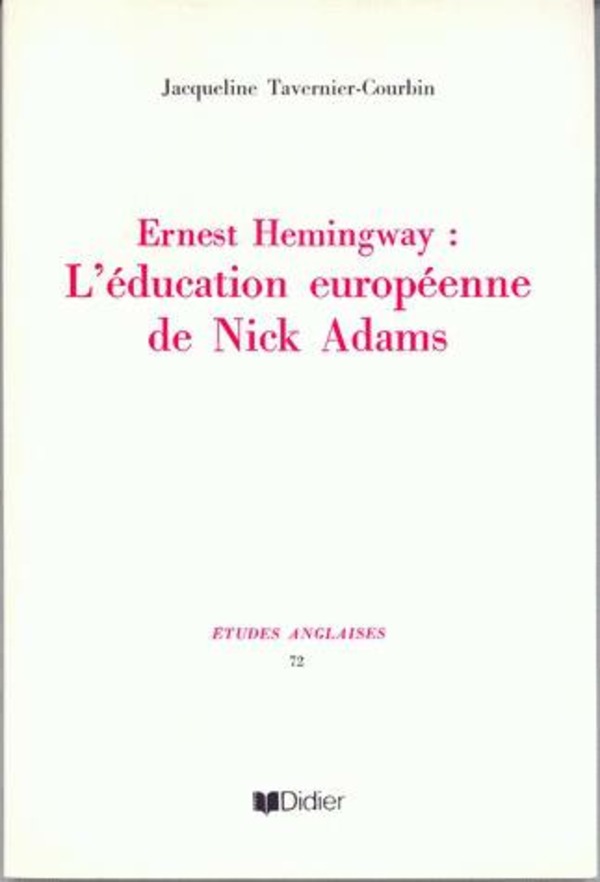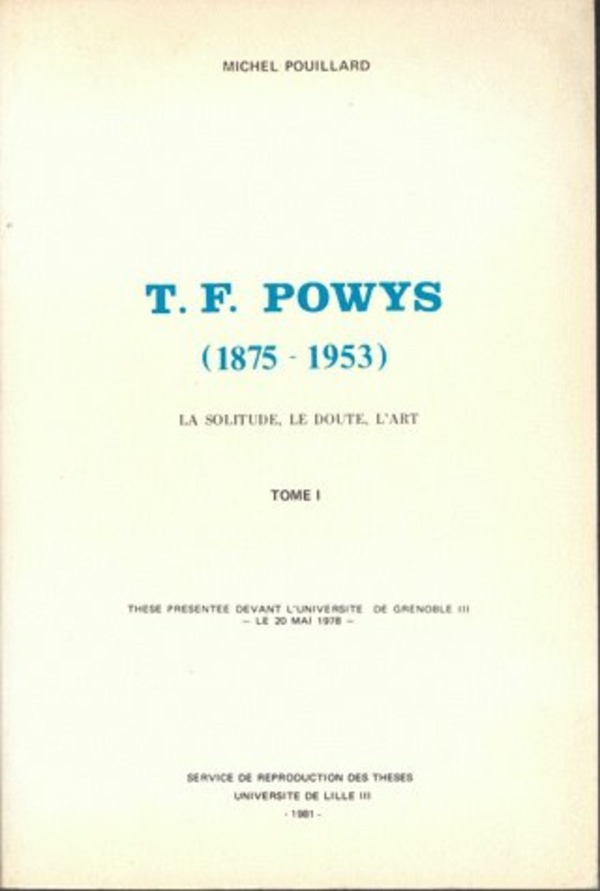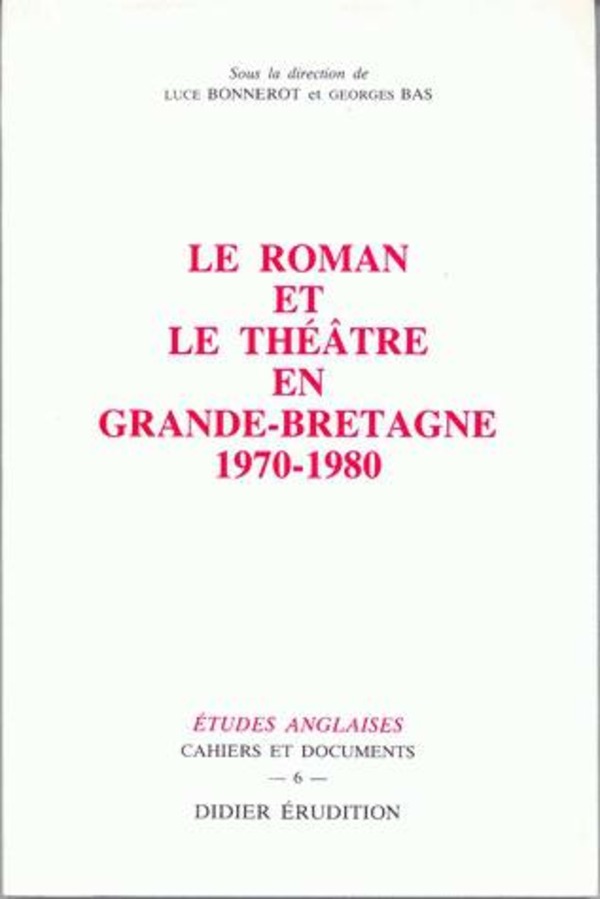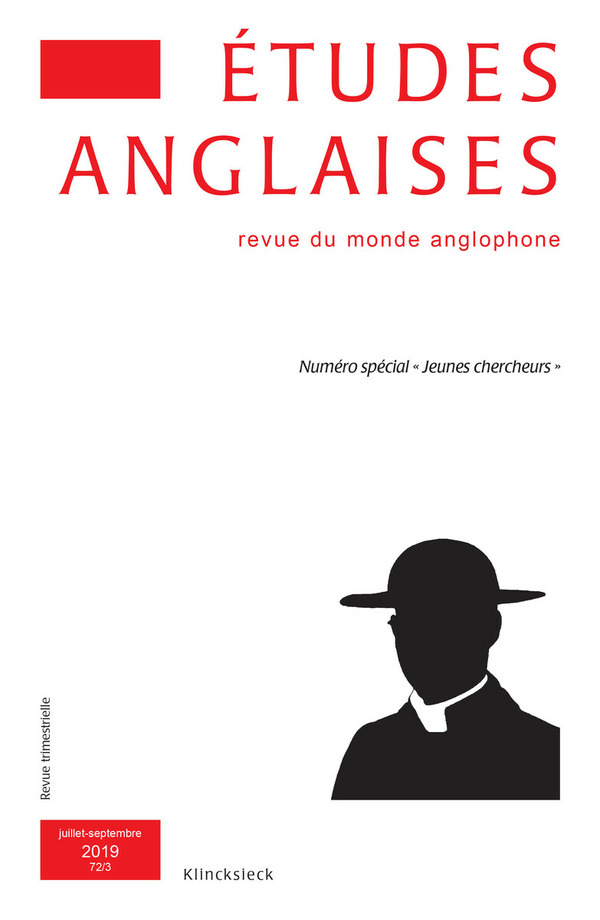Études anglaises - N°4/2017
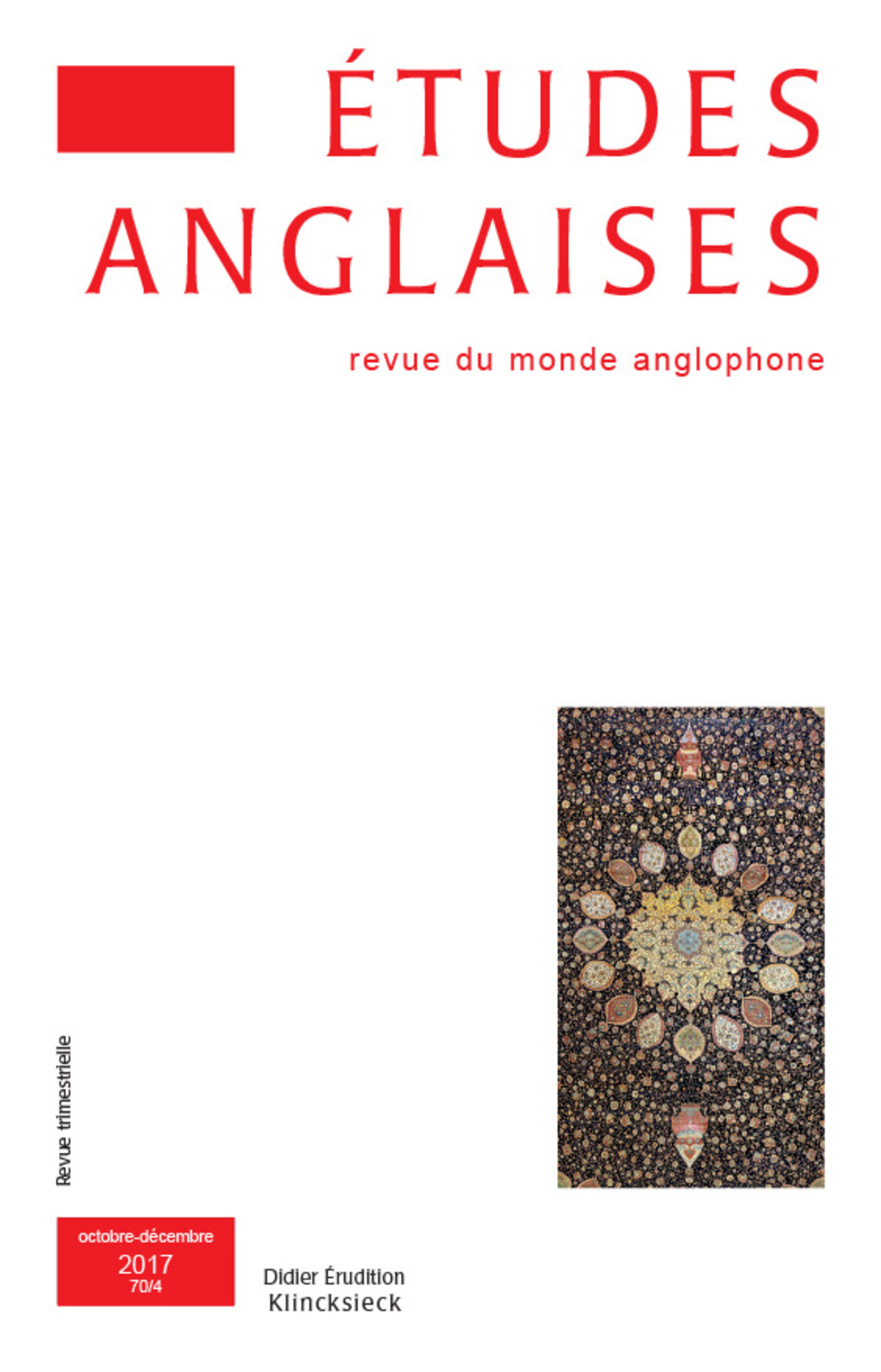
- 130 pages
- Livre broché
- 15.1 x 23 cm
- Études anglaises
- Parution : 22/05/2018
- EAN13 : 9782252040713
- Code distributeur : 57568
Présentation
Isabelle GADOIN : What is a Collector? From the Giants of Collecting to Small Amateurs: their Respective Contributions to Victorian Collections of Islamic Art
Françoise BAILLET : Drawing the Line. Visual Representations of the Labouring and Lower Classes in the Mid-Victorian Illustrated Press
Benjamine TOUSSAINT : Location and dis-location in George Douglas Brown’s The House with the Green Shutters
Marie-Odile PITTIN-HÉDON : “Portals to the non-space of globalisation”: Ewan Morrison’s Tales from the Mall
Isabelle KELLER-PRIVAT : Jon McGregor’s Negative Space in If Nobody Speaks of Remarkable Things
Anthony CORDINGLEY : Autotraduire son moi : Birds of Passage de Brian Castro
Robert L. SNYDER : Contextualizing Adam Hall’s Fiction: Liminality, Nihilism, and Pathogenic History in The Quiller Memorandum
Biographies Contributeurs
Alexis Tadié
Professeur d'anglais à l'Université Paris 7-Denis Diderot (en 2003) ; Directeur de la Maison française d'Oxford et Fellow de St-Catherine's College à Oxford (en 2005)

